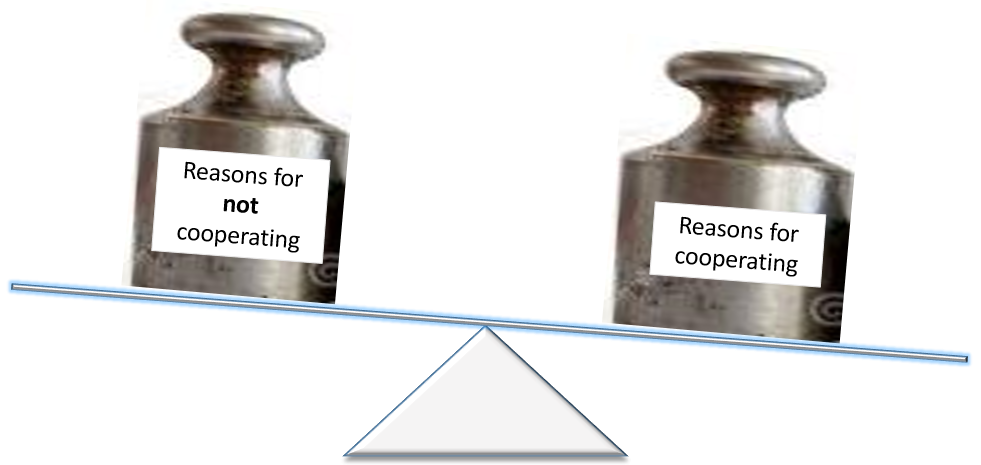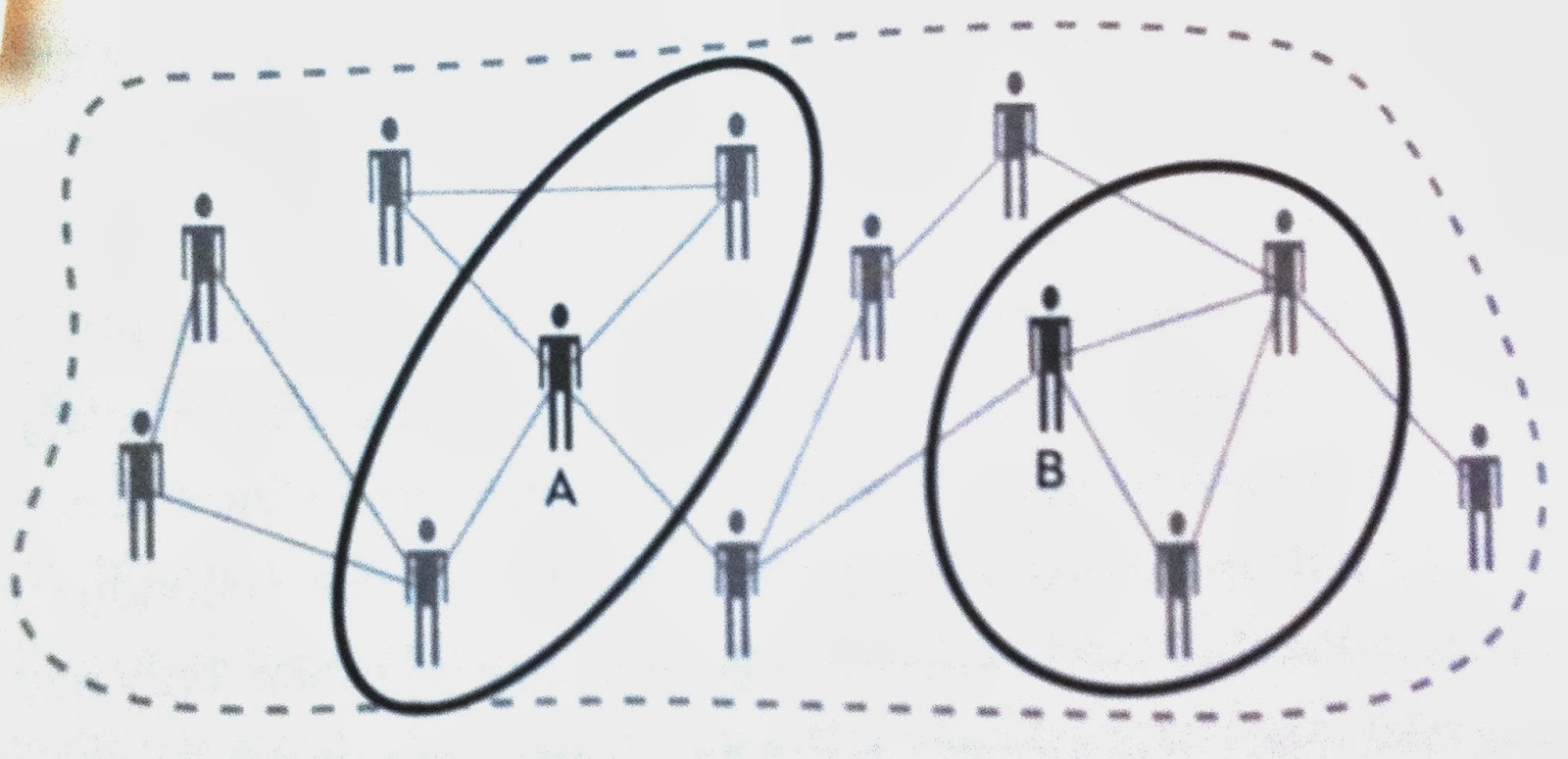The tilt intervention for working with involuntary clients

In coaching, supporting the autonomy of clients is extra important with involuntary clients. Involuntary clients are clients who's own idea it wasn't to go to a coach but who were sent by someone else. Although these clients may at first be reserved or uncooperative it is usually possible to reach a good cooperation with them rather fast. The key to doing that is to recognize their perspective and to acknowledge and accentuate their autonomy.


